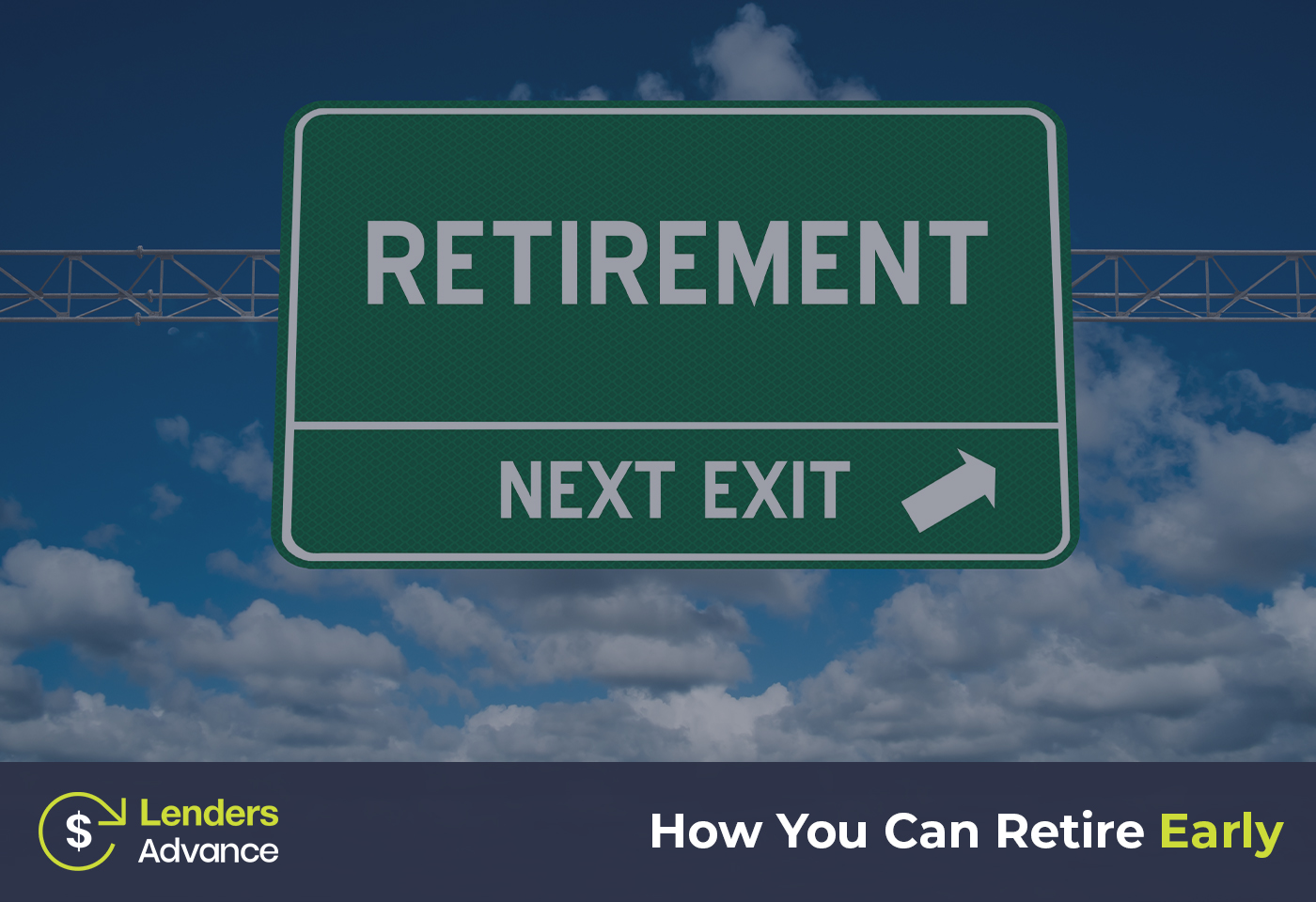
More and more Americans now dream of early retirement. Many are concerned about health-related issues, while others consider starting their own business, pursuing volunteer passion, or just stopping working. Whatever the cause, the issue remains quite the same: What would it take to retire at an early age? Of course, the answer depends on your financial position and your passion for retiring in the prime of life, but there are a few notable things to consider when retiring early.
Set up Your Retirement Budget
If you desire to retire at an early age, the first step is to calculate how much money you need to spend each month after retirement. You are highly advised to begin by adding up costs you practically can't avoid, such as housing, food, clothes, utilities, transportation, insurance, or healthcare. Ideally, after retirement, you should enter a debt-free life. However, if you have outstanding debts, such as mortgage, unpaid medical expenses, or credit card debt, make sure to reflect those payments in your budget.
Next, sum up non-essential expenses, usually referred to as discretionary expenses, such as entertainment, hobbies, or travel. Finally, add everything together to figure out how much money you'll need each month to live the retired lifestyle you opt for.
How Much Do You Need to Retire Comfortably?
Provided that you have an idea of how much money you will need, next you should determine how much you need to save. This can be estimated in different ways. One strategy is to have at least 25 to 30 times of your annual costs, plus enough cash to cover twelve months' worth of expenses. For example, assume your living costs reach up to $5,000 each month, or $60,000 annually, which means you need between $1.5 million and $1.8 million for your retirement, plus $60,000 in cash.
Boost Your Retirement Contributions
Irrespective of when you intend to retire, it is prudent to begin saving at an early age and, what is more important, do it regularly. Individual retirement accounts (IRAs) and 401(k)s are excellent for achieving your financial goals. A conventional IRA allows you to invest into your retirement (profits grow tax-free), and you receive a tax credit in the same year of contribution. However, when you withdraw money for a retirement account, it is taxed at your marginal tax rate in the year of withdrawal. The IRA offers some tax-free distributions or withdrawals and applies no tax on profit growth. On the other hand, it does not provide a tax deduction per year of monetary contribution.
Turn to Professionals
Doing yourself a favor and going for advisory services is such a great idea, of course, unless you are a financial guru. The financial advisor can assist you in setting up a savings/investment plan to help you achieve your retirement objectives. He can also show you how much money you need to invest each month to accomplish your goal in a specific amount of years. Plus, after retirement, your advisor can assist you in managing your income sources to ensure that your money lasts.
Take your time to decide on a personal advisor service you are comfortable with. If you worry about financial advisor fees, keep in mind that you're paying for more than just his time; but also for his knowledge. If you discover a certified financial advisor, the cost will be more than offset by his experience.
